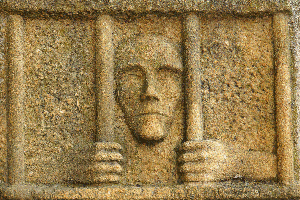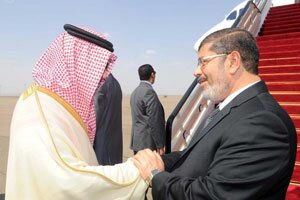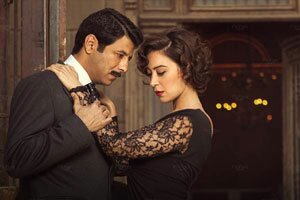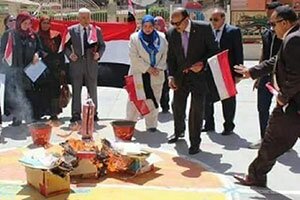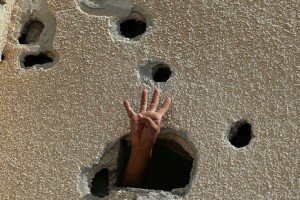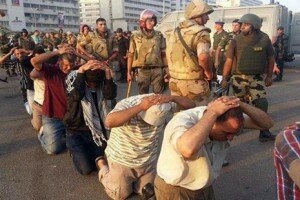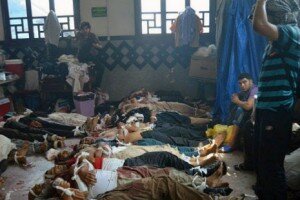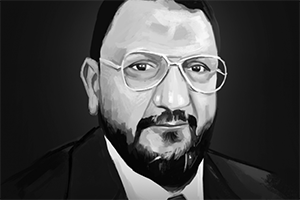
Mohamad Kamal. Photo: Rassd.
Massacred and driven underground or into exile following the 2013 coup, Egypt’s Muslim Brothers are nevertheless an extraordinarily resilient organization. But when security forces in Cairo this week killed one of the group’s most important leaders, a widening rupture between two major factions in the Brothers broke to the surface, writes Ahmed Al Tellawi in this very perceptive analysis:
In a Tuesday press release, the Egyptian Interior Ministry announced that it had liquidated Mohamed Kamal.




































